Butt perspiration is something nearly everyone experiences. To stay less damp and ward off rashes, pick underwear made from cotton or moisture-wicking materials, stand up regularly to let your behind ventilate, and lightly dust the area with baby powder.
Swamp crack. Sweaty bum. Butt sweat. Call it what you will — it happens to the best of us.
An intense workout, a blazing summer day, or even anxiety can make your butt sweat so much it feels like you’ve been sitting in a marsh.
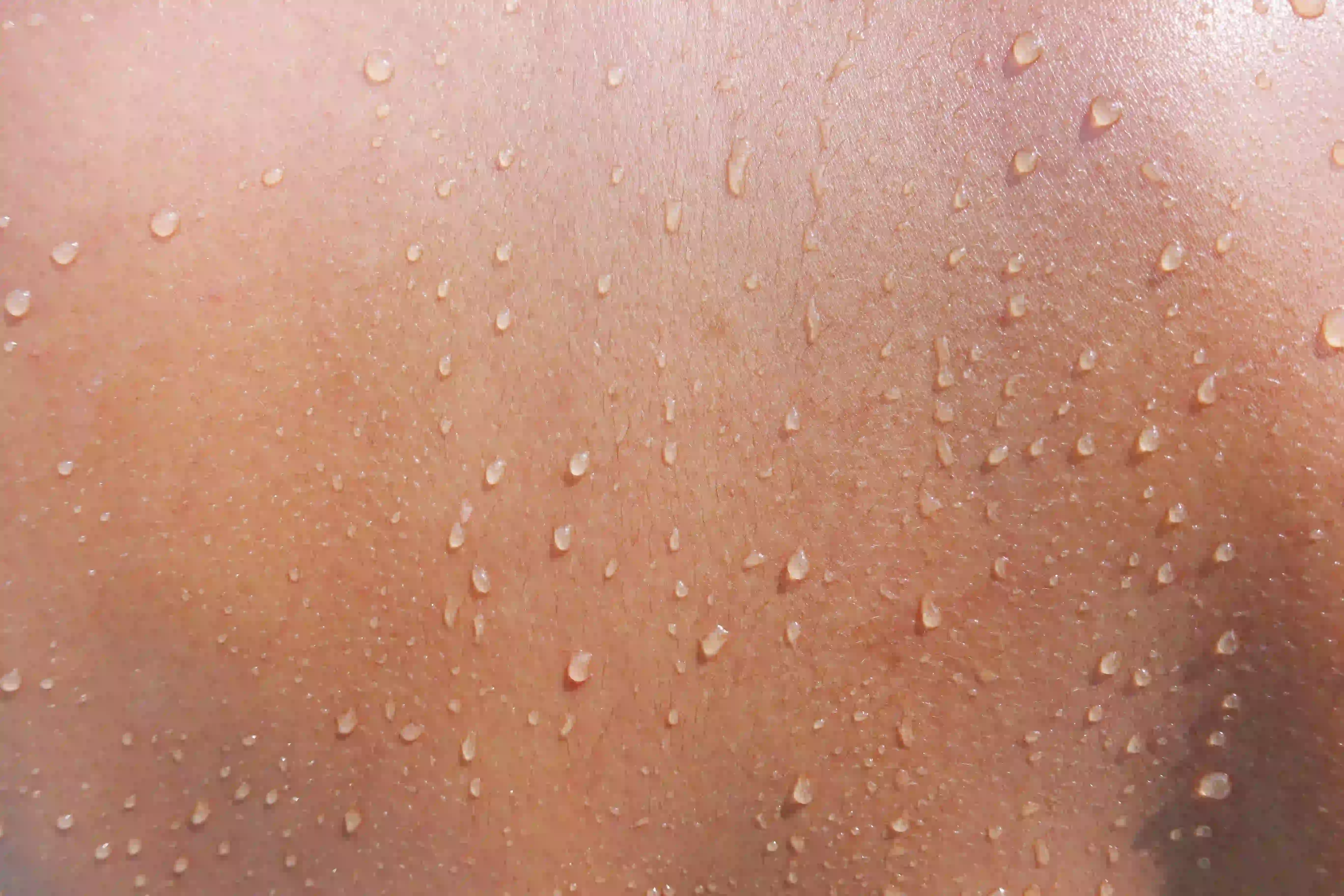
So what can you do? Keep reading for practical strategies to manage this sticky issue so you don’t stress about leaving damp marks on chairs everywhere.
Why it happens
First off, everyone sweats down there. Some people simply perspire more than others.
Your body contains two kinds of sweat glands:
- Eccrine glands: release a mostly odorless blend of water and salt to cool the skin and lower body temperature
- Apocrine glands: generate the smellier sweat usually linked with body odor
The good news: your butt only has eccrine glands. So while sweat may be visible through clothing, it typically won’t smell.
Because butt sweat originates from eccrine glands, the triggers are the same things that raise your core temperature and cause sweating elsewhere, such as:
- hot environments
- exercise
- stress or nervousness
- wearing dense or non-breathable fabrics
Sweat loves to gather in skin folds — and that’s essentially what your butt crack is.
When your two cheeks are pressed together, it forms the perfect pocket for sweat to build up with nowhere to escape. Add skinny jeans or tight clothing, and you’ve got a recipe for dampness.
What you can do
Butt sweat isn’t merely uncomfortable. Trapped moisture between your cheeks can encourage bacterial growth, raising your risk for rashes and infections.
Follow these suggestions to help keep your backside reasonably dry.
1. Pick cotton or moisture-wicking underwear
The right underwear can help keep your rear cool and less sweaty. Natural fibers like cotton let skin breathe and are a solid everyday option.
For workouts or other strenuous activities, choose moisture-wicking underwear meant to pull moisture away from the skin.
2. Pack a spare pair
Stash an extra pair of underwear in your bag in case you start to feel damp. This is especially handy if you’re heading to the gym or going out after work.
The less time you remain in wet underwear, the lower the chance bacteria have to flourish.
3. Know where the restrooms are
If you begin to notice dampness and don’t have a spare, go to the restroom as soon as possible. Grab some paper towels and lightly wet one before you enter the stall.
Gently pat the sweat away with the damp towel, then dry the area with dry paper towels. Avoid rubbing, which can irritate the skin.
4. Stand up when you can
Sitting for long stretches encourages sweat to gather between your cheeks.
If your day involves a lot of sitting, try to stand and walk for a few minutes periodically. That gives your backside a chance to air out.
5. Use baby powder
It’s worked on babies for years and can help you too. A light dusting of baby powder between the cheeks absorbs extra moisture and reduces friction.
Some research from the American Cancer Society indicates talcum powder might be linked to ovarian cancer when applied near the genital area. While the evidence isn’t definitive, you can avoid this concern by choosing a cornstarch-based powder.
6. Consider medicated body powder
If your butt sweat comes with itching or soreness, try a medicated body powder. These products reduce friction and heat while helping prevent fungal and bacterial growth. Some include calamine to ease itching or menthol for cooling relief.
Products worth considering include:
- Anti Monkey Butt Powder
- Zeasorb Excess Moisture Powder
- Gold Bond Ultimate Body Powder (talc-free)

7. Stick with dark-colored bottoms
If you’re still worried about visible wet spots, choose dark pants when you anticipate heavy sweating. This won’t stop perspiration, but it can help mask damp areas.
What to avoid
When managing butt sweat, there are several things you should steer clear of.
1. Wearing leather or other non-breathable pants
Your pants matter just as much as your underwear.
Avoid non-breathable materials like leather or many synthetic fabrics, such as polyester. Even with breathable underwear, thick, non-ventilated pants prevent sweat from evaporating.
2. Putting deodorant on your butt
Many people use deodorant for underarm sweat, so you might be tempted to apply it between your cheeks. But deodorants often contain fragrances aimed at masking odor from apocrine glands in the armpits. Those chemicals can irritate the sensitive skin of your derrière and cause more discomfort.
3. Waiting to remove wet swimwear
Butt sweat is more common in warm weather — the same season when you’re likely to swim. Combining butt sweat with a soaked swimsuit can increase the risk of fungal infections or rashes.
When you go swimming, bring a dry change of clothes and underwear so you can change promptly.
When to see a doctor
Sweating is normal, but excessive perspiration could signal an underlying issue. This condition is called hyperhidrosis. Sometimes it has no obvious cause, and researchers suspect a genetic link.
Occasionally, heavy butt sweating can lead to a skin infection or rash that needs medical treatment.
Possible underlying conditions
Certain medical problems can also trigger excessive sweating, including:
- thyroid disorders
- diabetes
- hot flashes from menopause
- infections
- nervous system issues
- some cancers
If one of these is responsible, you’ll probably notice other symptoms too.
See a physician if you experience any of the following:
- sweating with unexplained weight loss
- sweating mainly during sleep (night sweats)
- sweating accompanied by chest pain or pressure
- sweating with fever, shortness of breath, or rapid heartbeat
- ongoing, unexplained heavy sweating
Skin infections
Excessive moisture can lead to skin breakdown (maceration), increasing infection risk.
Contact your doctor if you notice signs of infection, such as:
- redness or discoloration
- warmth
- swelling
- pain
Frequently asked questions
Does removing hair down there reduce sweating?
Shaving, waxing, laser hair removal, or other hair-removal methods can decrease sweat accumulation by eliminating the spots where moisture gathers. It can also make you feel less damp.
However, be cautious when removing hair near the genitals. If shaving, use a dedicated razor separate from other grooming tools.
Also see related topics like hairy butt and butt hair for more on grooming and sweat.
Why do I sweat so much from my bottom?
Sweating is a natural cooling mechanism. Beyond genetics and the presence of eccrine glands in the buttocks, other contributors can include:
- Medication: Some drugs list sweating as a side effect. Check your medication leaflet and discuss alternatives with your doctor if it’s a problem.
- Caffeine: Caffeine can spike the stress hormone cortisol, and a 2022 study suggests it may contribute to increased sweating.
How do I stop my bottom from sweating?
Because sweating is a natural function, you can’t eliminate it entirely, but the strategies mentioned here can help you manage and reduce it.
The takeaway
Butt sweat is common, but small changes to your routine can keep it in check. Aim to keep the area cool and dry, and give your backside opportunities to breathe when possible.
Excessive sweating can sometimes indicate hyperhidrosis, another medical issue, or a skin infection. If you notice other concerning symptoms along with heavy sweating — such as unexplained weight loss — consult your doctor.
If you experience discomfort in the groin area from moisture, you might also be interested in information about a sweaty vagina.

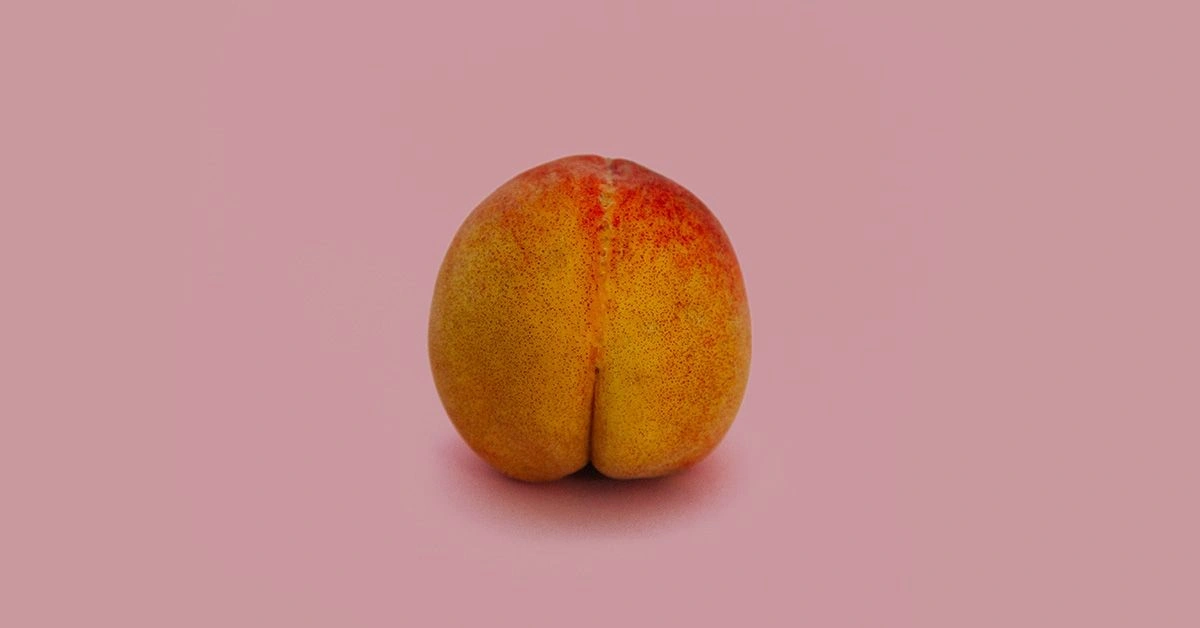
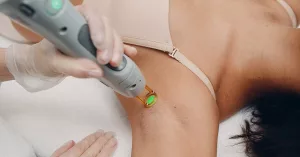
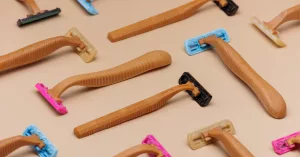
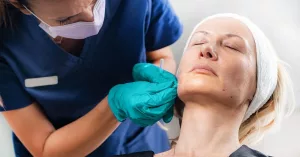

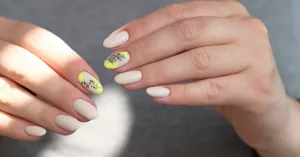





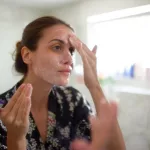
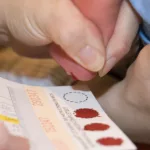


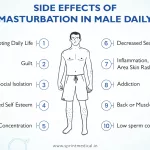








Leave a Reply
You must be logged in to post a comment.